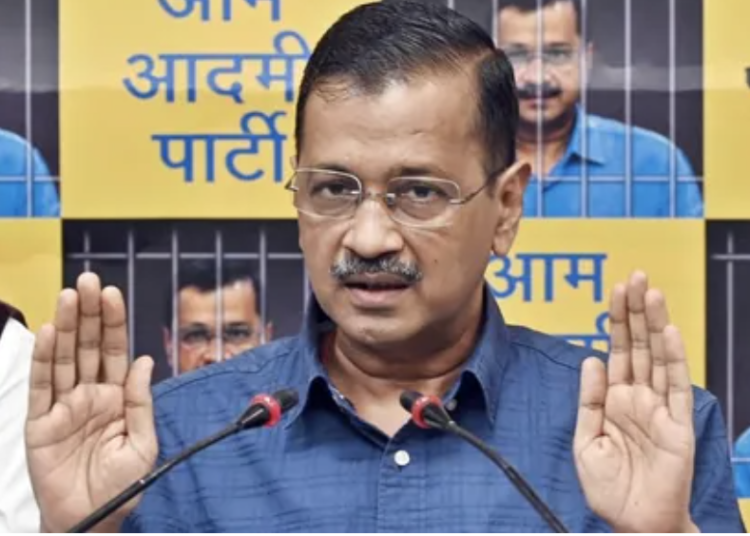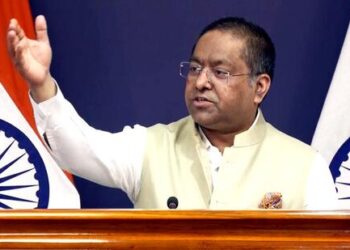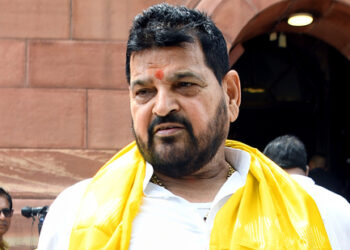In a significant legal development, the Supreme Court of India has dismissed a plea seeking the removal of Arvind Kejriwal from his position as the Chief Minister of Delhi. The apex court’s decision reaffirms Kejriwal’s legal right to continue serving as the elected head of the national capital despite the legal challenges brought against him.
The plea challenging Kejriwal’s tenure was brought before the Supreme Court by a petitioner who sought his removal based on alleged violations of the Constitution. However, the court, after examining the petition, upheld Kejriwal’s legitimacy as the Chief Minister, emphasizing the importance of adhering to legal processes and constitutional provisions.
The dismissal of the plea marks a significant victory for Kejriwal and his supporters, who have been contending with legal battles and political opposition since he assumed office. Despite facing criticism and scrutiny, Kejriwal’s administration has endeavoured to implement various policies and initiatives aimed at improving governance and addressing the needs of Delhi’s residents.
Reacting to the court’s decision, supporters of the Aam Aadmi Party (AAP), led by Kejriwal, expressed relief and satisfaction. They hailed the verdict as a validation of Kejriwal’s leadership and a reaffirmation of democratic principles.
However, the dismissal of the plea does not imply an end to the challenges faced by Kejriwal and his administration. As the Chief Minister of Delhi, Kejriwal continues to confront numerous issues ranging from governance challenges to political opposition. Nevertheless, the Supreme Court’s ruling provides a legal shield against attempts to dislodge him from his position.
The case has drawn attention to the complexities of India’s political and legal landscape, highlighting the importance of upholding the rule of law and respecting the democratic mandate conferred by the electorate.








 India
India












